AMEE 2025 Programme Committee
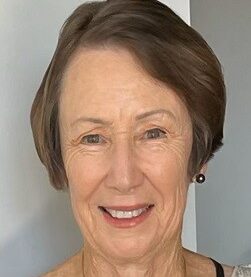
Annette Mercer
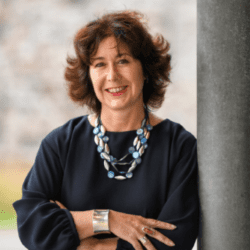
Jen Cleland

Eleonora Leopardi

Karen Steger-Jager
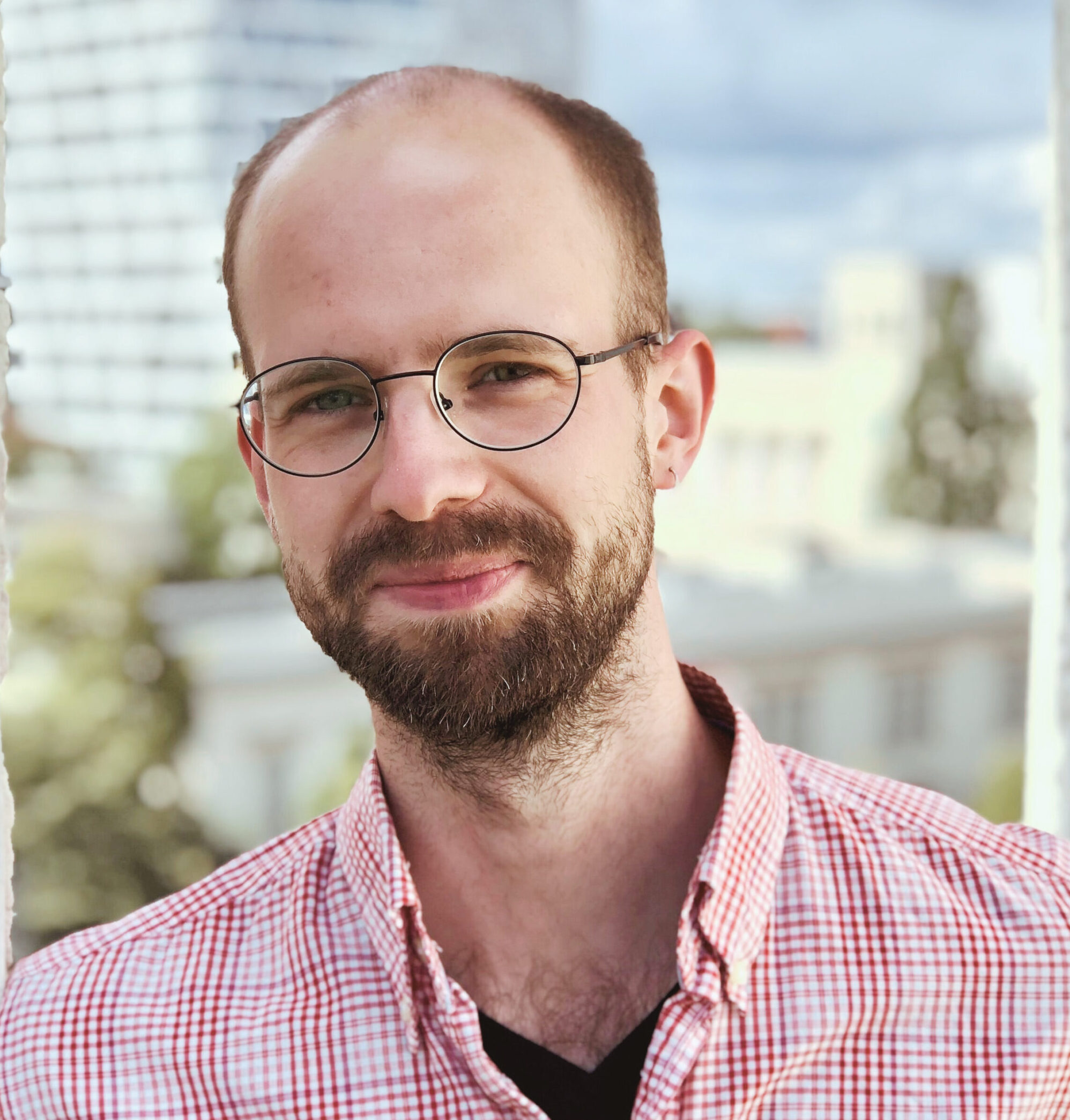
Julius Kaminski
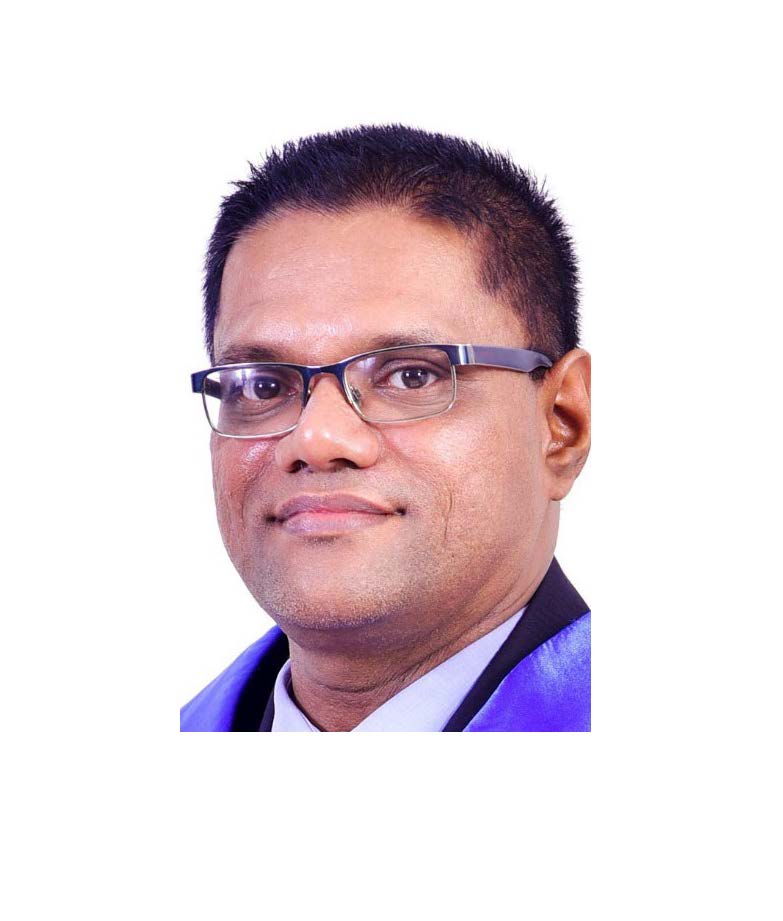
Asela Olupeliyawa
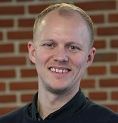
Rune Dall Jensen
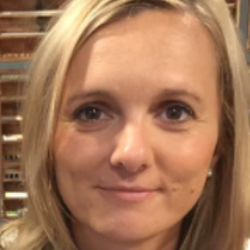
Jo Bishop
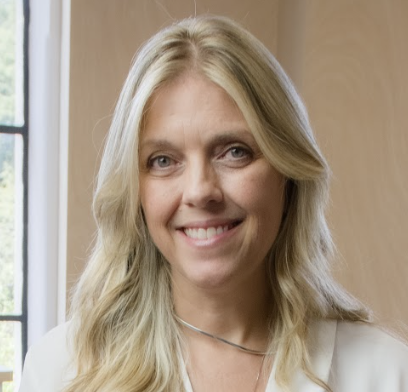
Patricia Tempski
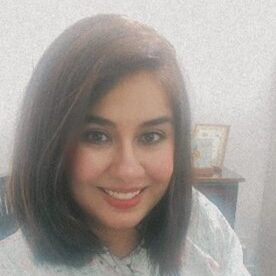
Komal Atta
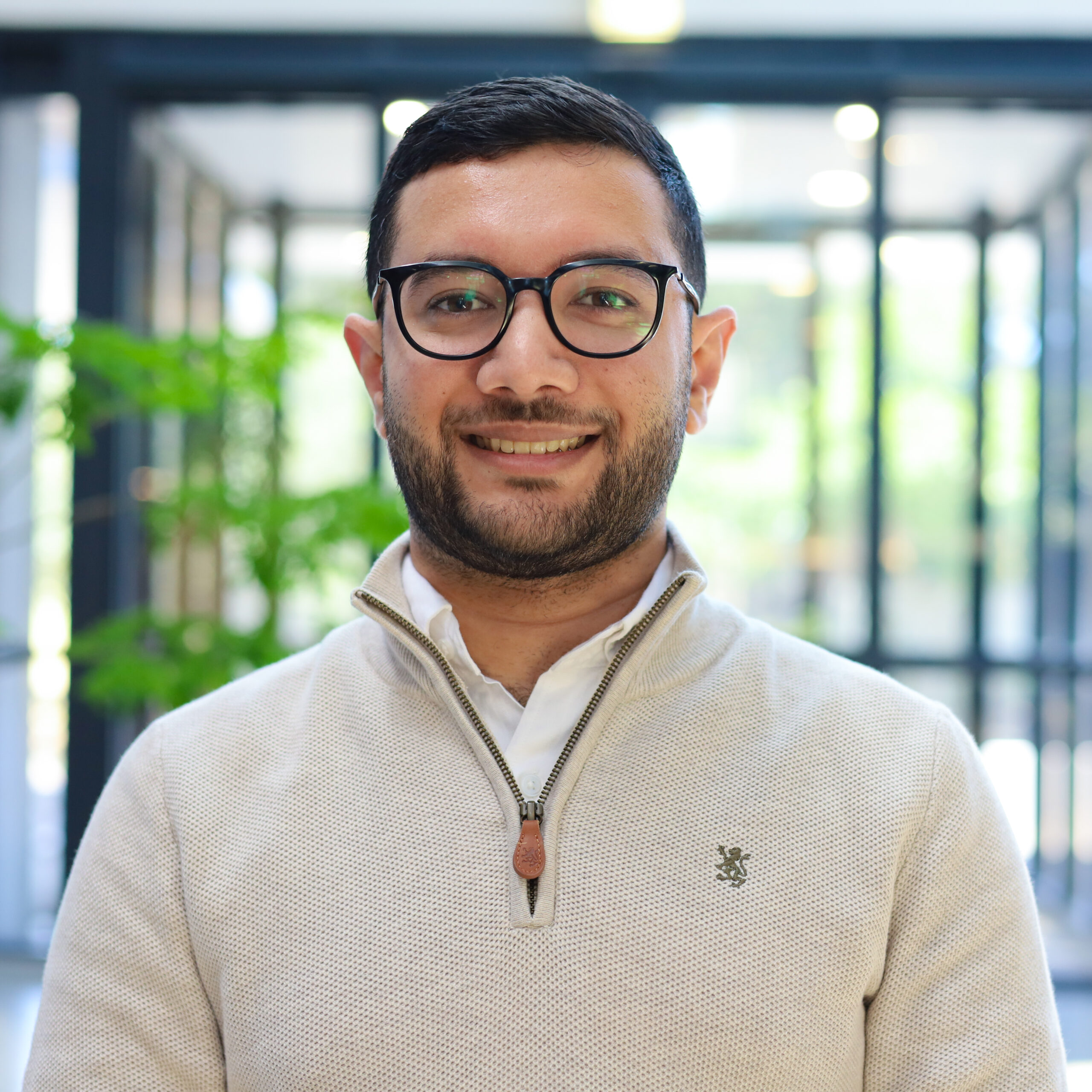
Azhar Nadkar
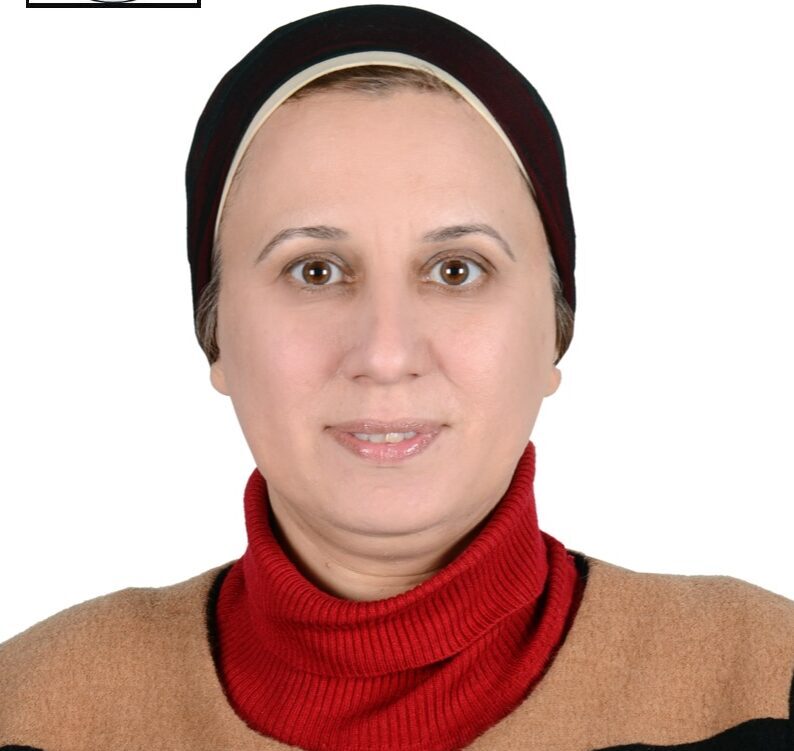
Samar Aboulsoud
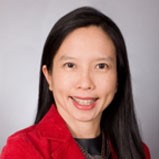
Sophia Ang
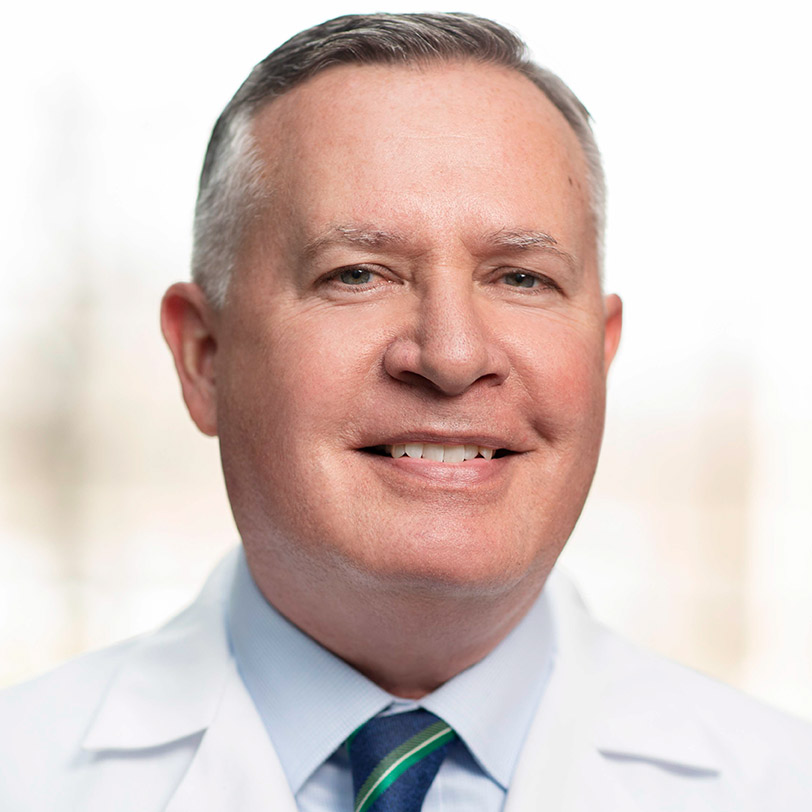
David C Thomas
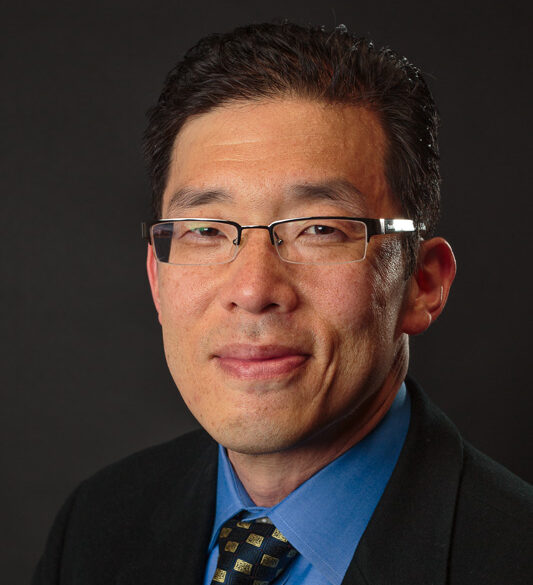
Calvin Chou
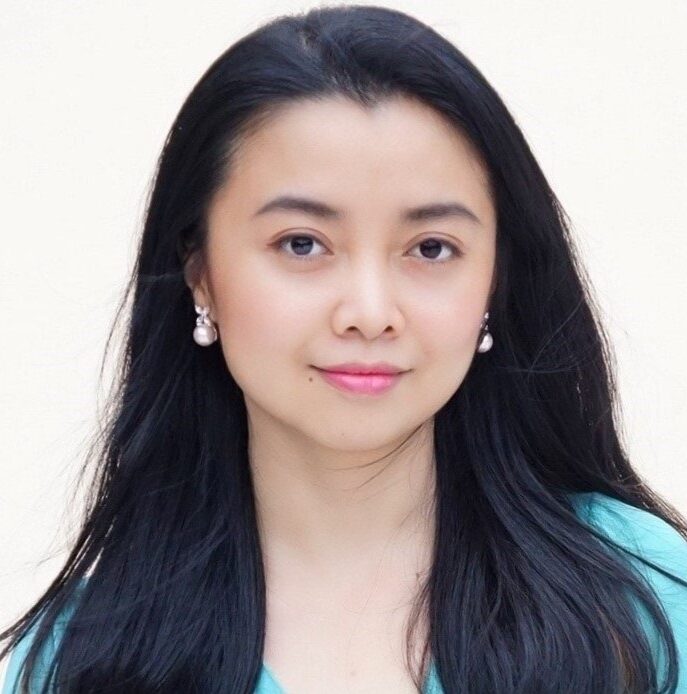
Quynh Xuan Nguyen Truong
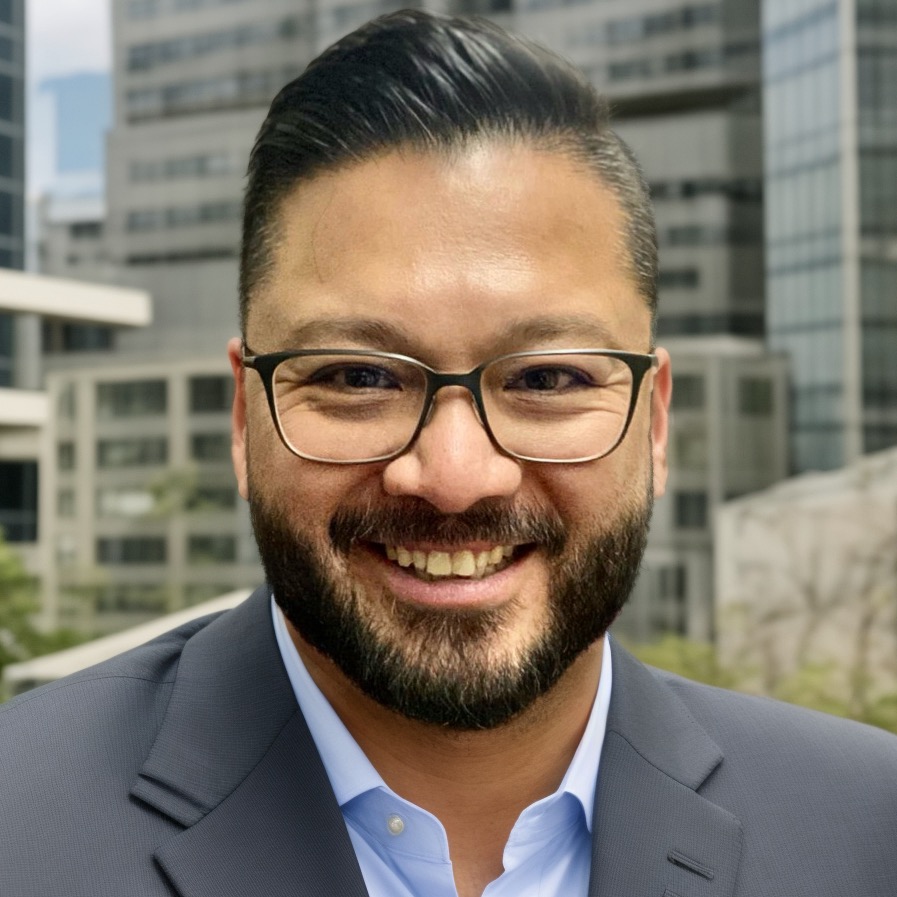
Paolo Martin
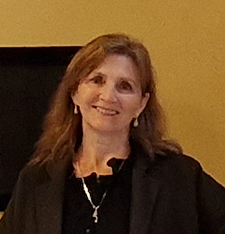
Nana Sartania
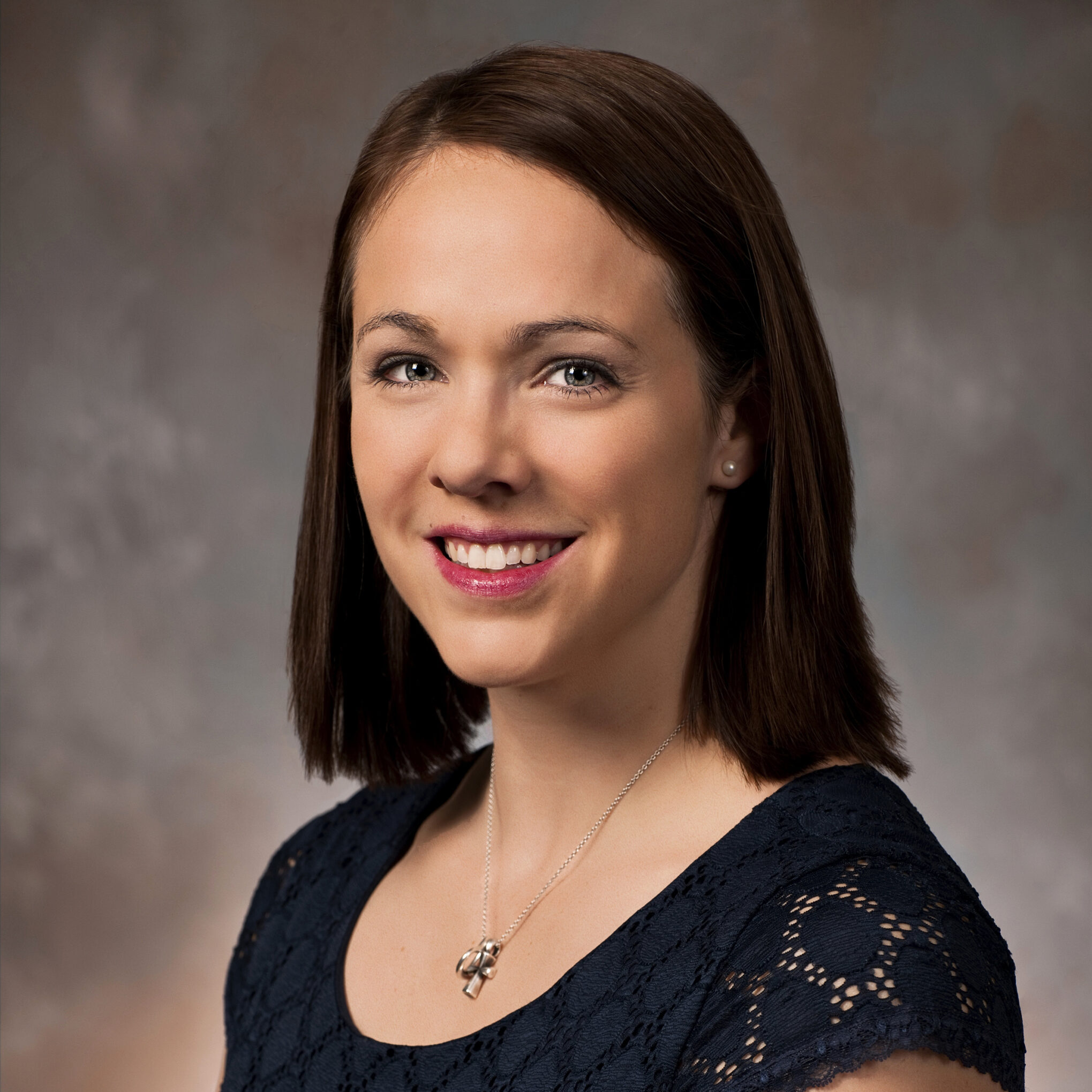
Holly Meyer
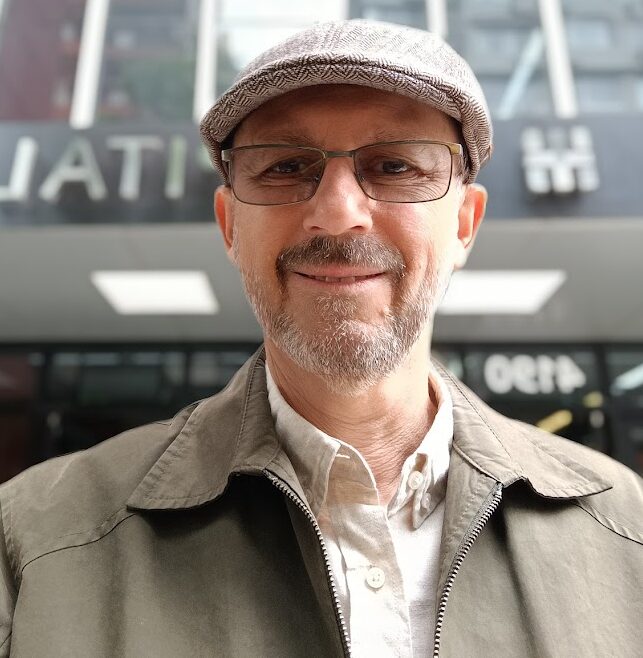
Alvaro Margolis
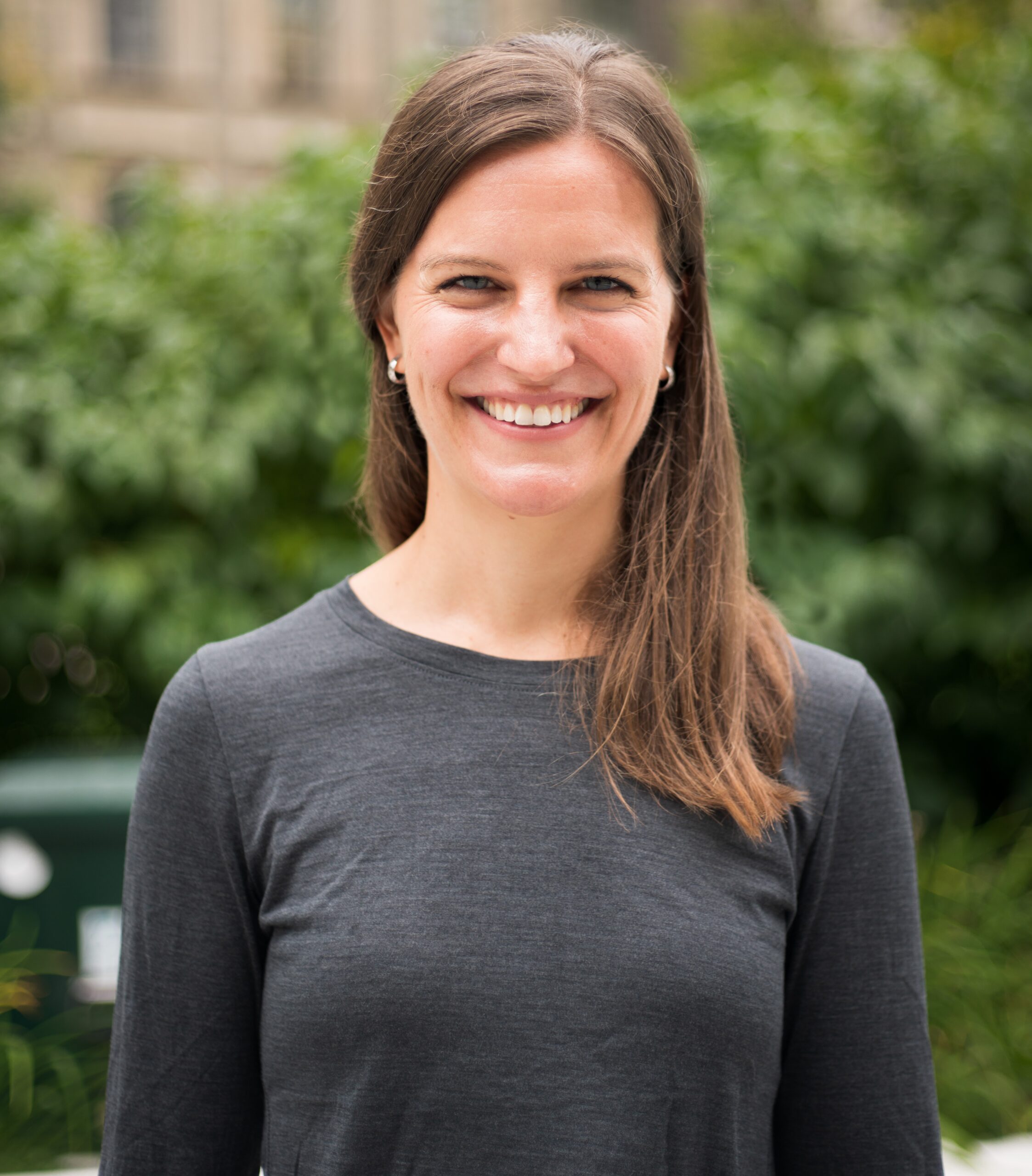
Naomi Steenhof

TBC
Biographies
Click on the committee members names to read their biography.
Annette Mercer has extensive experience in education and educational research. In the last 25 years she has focused on the selection and admission of health professional students. She was the academic lead on selection in the Faculty of Health and Medical Sciences at the University of Western Australia for 15 years and is currently employed by Monash University to work on special projects related to the University Clinical Aptitude Test for Australia and New Zealand (UCAT ANZ). She worked with others to establish this test in ANZ and was the Director of UCAT ANZ from 2018 to 2022. Her interests are the selection of medical and dental students; psychometrics; the use of aptitude tests, selection interviews and Situational Judgment tests; health professions education; and widening participation.
Barcelona 2025 will be her seventh AMEE Conference, starting in Milan in 2014.
Jennifer Cleland is President’s Chair in Medical Education at Lee Kong Chian School of Medicine (LKC), Nanyang University Singapore. She is Vice-Dean of Education and leads the medical education research unit at LKC. Prior to moving to Singapore in 2020 she was John Simpson Chair of Medical Education Research at the University of Aberdeen, UK.
Jen has years of experience as an educator and leader in education. She is best known internationally for her large and impactful body of education research publications.
She attended her first AMEE in 2002 and has contributed regularly over the last 20 plus years. She was Chair of the AMEE Research Group from 2014-2018. She became a member of AMEE’s Governing Board in 2018 and Chaired the AMEE 2024 Programme Commitee
Dr Eleonora (Nora) Leopardi (she/they) is the Lecturer in Clinical Education at the Central Coast Clinical School, University of Newcastle, Australia. They are passionate about shaping the next generation of healthcare professionals by creating collaborative, inclusive, and inspiring learning environments. Nora’s research interests include: learning environments; game-based learning; student wellbeing; clinical reasoning development; and research training for pre-qualification students. Nora is committed to expanding AMEE’s Early-Career Researchers network, to provide valuable opportunities and support to all junior and aspiring healthcare professions education researchers.
Julius Josef Kaminski, MD, MHPE, is a Research Fellow at the Dieter Scheffner Center for Medical Education, Charité – Universitätsmedizin Berlin. His research focuses on designing and implementing clinical reasoning training in undergraduate medical curricula. Current interests include the connection between clinical reasoning and professional identity formation, co-creation of virtual patients with students, promoting mental wellbeing in curricula, and applying LLMs and data science to personalise learning. To integrate ethical reasoning into his projects, Julius is training as a clinical ethics consultant. He holds an MHPE from Maastricht University and has been a member of the AMEE Technology-Enhanced Learning (TEL) committee since 2023.
Dr Asela Olupeliyawa is the Director of Assessment in the Department of Medical Education at The University of Melbourne. His role includes oversight of assessment practices in the Melbourne MD program and delivery of assessment related subjects in the Clinical Education graduate programs. Asela is medically qualified and has expertise in curriculum and assessment development. Asela’s PhD focussed on the development of a workplace-based assessment on teamwork and intern preparedness. Subsequently over the past 15 years he has worked as a medical educator at several Sri Lankan and Australian universities. Asela has conducted workshops and symposia in several international medical education conferences including OTTAWA, APMEC and ANZAHPE. His primary research interests are related to assessment for learning, feedback and preparation for practice; while he also engages in research on clinical reasoning, educational environment, faculty development, and professionalization of medical education. Asela has published in high impact medical education journals including Academic Medicine, Medical Education and Medical Teacher.
Rune Dall Jensen, PhD, is associate professor in medical education at Department of Clinical Medicine, Aarhus University. He is Head of Research at MidtSim, Simulation Center, Central Denmark Region and member of the AMEE Simulation Committee. Rune is associate editor in Advances in Health Sciences Education and Advances in Simulation. His research takes a holistic view on medical education aiming at easing transitions by developing health professionals who can regulate own learning to adapt to future situations.
Jo Bishop is the Curriculum lead for the Bond Medical Program.
She contributes significantly to international discussions on student support and medical education pedagogy. A key role is to ensure a harmonised transition of graduates into the workforce.
As the current chair of engagement for ANZAHPE (Australian and New Zealand Association for Health Professional Educators) and chair for the Medical Deans for Australia and New Zealand’s (MDANZ) Student and Staff Support committee. she is aware of the national and international discussions and challenges faced for the future health professional. Jo has nearly a decade of experience as a curriculum lead and as an anatomist and formerstem cell biologist sees herself as a medical sciences educator
Patricia Tempski is an associate professor of health professional education at the School of Medicine at the University of São Paulo and serves as the Director of the Center for Development of Medical Education at the same institution. She also holds the position of executive secretary of the System of Accreditation for Brazilian Medical Schools with the General Medical Council of Brazil. With extensive experience in faculty development and research in health professional education, she has been actively involved in faculty development initiatives supported by the Ministry of Health of Brazil over the past decade. Additionally, she has collaborated with numerous public and private medical schools, certifying more than 7,000 health professionals as educators
Dr. Komal Atta is an AFAMEE and a distinguished medical educationist from Pakistan, currently serving as the Director of Medical Education at University Medical and Dental College, The University of Faisalabad. She has significantly influenced medical education through her pioneering work on Entrustable Professional Activities (EPAs) for house officers, securing national research grants to advance healthcare in Basic Health Units (BHUs).
A passionate advocate for equity, diversity, and inclusion (EDI), Dr. Komal’s work is deeply rooted in promoting the voices and perspectives of the Global South. She actively engages in initiatives that address the unique challenges faced by underrepresented regions, exemplified by her role in international projects that explore social media for professional development and faculty training in resource-constrained settings. As the recipient of the AMEE MERCS grant, she developed an adaptive expertise curriculum for optometry clerkships, specifically tailored to the Global South’s educational contexts. Dr. Komal also represents Pakistan in the Global South Counterspace Program( an initiate of Teaching and Learning in Medicine) , which champions underrepresented voices in medical education, ensuring that their contributions are recognized on global platforms.
As Chair of the EDI sessions at AMEE 2025, Dr. Komal is committed to fostering inclusivity for all. Her leadership seeks to amplify voices against colourism, colonization, and marginalization across the world, ensuring that every learner and educator—regardless of background—has a place in the global conversation. She champions diversity in its fullest sense, advocating for the dismantling of systemic barriers that perpetuate inequality in education and beyond. Through her international collaborations, vision for social justice, and commitment to empowering marginalized communities, Dr. Komal strives to create a truly equitable future for medical education, where all voices are heard and valued.
Azhar Adam Nadkar, MBChB, AFAMEE, is an aspiring physician, early-career educator, and researcher with experience in internal and emergency medicine. Azhar is deeply committed to fostering impactful clinical learning among students and integrating innovative learning technologies into health professions education (HPE).
His growing body of publications spans themes of inclusivity in HPE, aligning with his work in the Humanities and reflecting his keen interest in international collaboration. Azhar is affiliated with the Faculty of Medicine and Health Sciences at Stellenbosch University in Cape Town, South Africa, where he contributes to the MBChB Programme Evaluation Working Group.
As an Associate Fellow of AMEE, Azhar also serves on the Aspire-to-Excellence Board, the International Collaboration Panel, and the steering committee for the AMEE Early Career Researchers Network.
Samar Aboulsoud, MD, PhD, MMEd, FHEA, MAcadMEd, FAMEE Dr. Aboulsoud is a distinguished medical educator and leader in Health Professions Education (HPE), recognized for her impactful contributions to medical education and accreditation on both regional and global levels. As the CEO of the Qatar Council for Healthcare Practitioners (QCHP), she spearheaded the creation of a nationally recognized CME/CPD accreditation system, enhancing her expertise in global accreditation standards, strategic partnerships, and managing large-scale educational initiatives.
Her dedication to academic excellence is evident in her role as an educator, teaching undergraduate and postgraduate students, advising Ph.D. candidates. Her research interests include the integration of competency-based medical education (CBME), inter-professional learning, personalized and adaptive learning and global accreditation frameworks. She has published in high-impact journals and has presented her work at prestigious medical education conferences worldwide.
In addition to her academic roles, Dr. Aboulsoud has held leadership positions such as Chair of the AMEE CPD Committee and board member of the Global Alliance for Medical Education (GAME), where she collaborates with international leaders in medical education. She is also a fellow of the Higher Education Academy (UK).
Among her numerous accolades, Dr. Aboulsoud has been recognized as one of the top 100 Chief Executive Officers in the Arab world. She has also received the Lew Miller Award and the British Council UK Alumni Award in Professional Achievement, further solidifying her status as a leading f igure in medical education.
A/Prof Ang Bee Leng, Sophia – MBBS, MMed (Anaesthesia)
Sophia Ang was a graduate of NUS medical school in 1990 and obtained her Master of Medicine Anaesthesia in 1995. She specialised in cardiac anaesthesia and completed a year of cardiac anaesthesia training in Massachusetts General Hospital in 1998 to 1999 and another year in Texas Heart Institute in 1999 to 2000.
Sophia is interested in promoting and teaching patient safety. She is the Vice Chairman Medical Board for National University Health Systems( Clinical Governance and Medicolegal ) with interest in projects promoting patient safety such as critical laboratory test communication, reduction of failure to rescue and proper handover of care. Currently is a member of the Singapore Medical Council and an advisor to the Ministry of Health in Finance and Medisave. She is also the curriculum lead for patient safety at the Yong Loo Lin School of Medicine.
Sophia was awarded the Public service excellence Gold award in 2011 and was leader of the team awarded the Singapore National Medical Excellence Team award in 2012 for Communication of critical laboratory tests. She was previously a Patient safety consultant with the Ministry of Health and a representative at in the WHO High 5 Patient Safety Project in which her team in NUH was awarded best poster for implementation of correct site surgery in 2012 at WHO High 5 Project Seminar. In 2020 she received a Bronze National Day Award for Administration work in Patient Safety.
She was previously the President of Singapore Society of Anaesthesia 2006 and President of the Patient Safety Special Interest Group for AMEE 2022-2023
Dr. David C. Thomas is an Internal Medicine physician and a tenured Professor in the Department of Medicine, Department of Medical Education, and Department of Rehabilitation and Human Performance at the Icahn School of Medicine at Mount Sinai.
As of 2024, he has been appointed Chair of the Department of Medical Education and Dean of Medical Education of the Icahn School of Medicine at Mount Sinai.
In these roles, Dr. Thomas fosters and advocates for the highest standards across all facets of medical education including teaching, mentorship, and collaboration.
Calvin Chou, MD, PhD is Professor of Clinical Medicine at the University of California at San Francisco, and staff physician at the Veterans Affairs Health Care System in San Francisco. After undergraduate work at Yale, he received his PhD in microbiology and his MD at Columbia University, and subsequently completed residency training in internal medicine at UCSF. As faculty with the Academy of Communication in Healthcare (ACH), he is recognized internationally for leading workshops in relationship-centered communication, feedback, conflict, and remediation in health professions education. Currently he is director of VALOR, a longitudinal program based at the VA that emphasizes humanistic clinical skill development for medical students. He also held the first endowed Academy Chair in the Scholarship of Teaching and Learning at UCSF. He has delivered communication skills curricula for providers at health systems across the country, including Mayo Clinic, Cleveland Clinic, Stanford Health, NewYork Presbyterian, AdventHealth System, Wake Forest, and Texas Children’s Hospital, and internationally as well. His research interests include assessment of curricular developments in clinical skills and clinical skills remediation, forces influencing feedback in health sciences education, and enhancing humanistic communication for interprofessional trainees. A member of the UCSF Academy of Medical Educators since 2002, he has received numerous teaching awards at UCSF, including the Henry J. Kaiser Award for Excellence in Teaching in the Inpatient Setting, and two of ACH’s national awards, the 2019 Healthcare Communication Teaching Excellence Award, and the 2018 Lynn Payer Award for outstanding contributions to the literature on the theory, practice, and teaching of effective healthcare communication and related skills. He is co-editor of the books Remediation in Medical Education: A Midcourse Correction, and Communication Rx: Transforming Healthcare Through Relationship-Centered Communication.
Quynh X.N. Truong is the co-lead of the research theme and serves as the Executive Chair of Graduate Medical Education Thesis at Vin University, College of Health Sciences. In her role, she drives research in health and global health, particularly within the fields of medical and nursing education. She holds a PhD in Public Health and a Master of Social Work. Quynh teaches courses such as Health Economics, Health System, Health Policy, Social Determinants of Health, and Psychosocial Care. These courses are designed to cultivate students’ critical thinking by encouraging them to analyze health through the lenses of poverty, climate change, and other social determinants, while also guiding them to develop action plans and interventions.
Quynh’s research encompasses a broad range of interests, including health policy, palliative care, psychosocial suffering, and the emerging field of environmental mental health. As an educator, she is deeply committed to the application of case-based learning and simulation methods to enhance teaching in health education. Her passion lies in advancing communication skills, particularly in the sensitive and vital area of palliative care, where she integrates these techniques to foster improved patient-provider interactions.
Paolo C. Martin, PhD, MS CHPR, MAED is Assistant Professor of Medicine & Health Professions Education and Director for Scholarly Communication at Uniformed Services University (USU), Department of Health Professions Education (HPE) in Bethesda, Maryland (USA). He studies why HPE stakeholders who *deserve* a say in HPE scholarship are overlooked and what educators might learn if their voices were highlighted. His academic interests straddle the intersection of dialogically organized pedagogies, conceptualizing and supporting learner wellbeing, and technologies for learning and community engaged research. At USU he teaches and advises graduate students in certificate, MHPE, and PhD tracks. He also serves on the USU Diversity, Equity, and Inclusion (DEI) committee where he is a faculty development instructor for the university allyship curriculum. He received his PhD in Curriculum and Teacher Education and MS in Community Health and Prevention Research from Stanford University, and MAEd from University of California Berkeley.
Nana Sartania, PhD, MSc, M.Ed, FHEA is Professor of Medical Education and Selection at the University of Glasgow, where she works with students and faculty to enhance the student experience, emphasizing equity and social accountability. She plays a pivotal role in various aspects of the undergraduate medical program and has much experience in curriculum development, e.g. as Co-Director of Year 3, Phase 3 Lead and previous Deputy Head of Admissions.
Since the inception of the National Outreach Programme in Scotland, Nana has actively engaged in outreach initiatives aimed at (potential) applicants from lower socio-economic backgrounds. She currently leads the School’s efforts to promote widening access and foster a sense of belonging among students from diverse and underrepresented backgrounds; she chairs the National Medical Schools Widening Participation Forum.
Nana is a member of the International Network of Researchers in Selection to Healthcare and serves on the executive boards of the Medical Schools Council’s Selection Alliance and the UCAT.
Dr. Meyer believes that teaching is a form of leadership. Whether designing courses or conducting research, her goal is to translate exceptional teaching strategies into military medical education to help shape world-class leaders who excel in both clinical practice and leadership roles. Her research interests are primarily centered on qualitative methods, although she also engages in quantitative studies when opportunities arise.
Outside of work, Dr. Meyer and her family enjoy life in western Germany. They can often be found hiking through vineyards, exploring Europe, cheering for the Packers, or catching their breath after a CrossFit workout.
Alvaro Margolis MD MSc FIAHSI, is an internist from Uruguay with a Master’s degree in Biomedical Informatics from the University of Utah.
He has held academic positions at The Schools of Medicine and Engineering, University of the Republic, Uruguay.
He was Vice President of the International Medical Informatics Association (IMIA), Associate Editor of Applied Clinical Informatics, and President of the Global Alliance for Medical Education (GAME).
He is a Founding member of the International Academy of Health Sciences Informatics, Chair of the CPD Committee of the Association for Medical Education in Europe (AMEE), and Director of RedEMC (meaning, CME Network in Spanish and Portuguese), a CME company working across Latin America.
Dr Naomi Steenhof holds a PhD in health professions education research. She is an assistant professor at the University of Toronto, a scholar at The Wilson Centre, and a pharmacist at the University Health Network. Her research interests focus on the development of adaptive expertise in health professionals, with a particular concentration on instructional strategies that assist novices in acquiring the conceptual knowledge they need to learn in the future.
